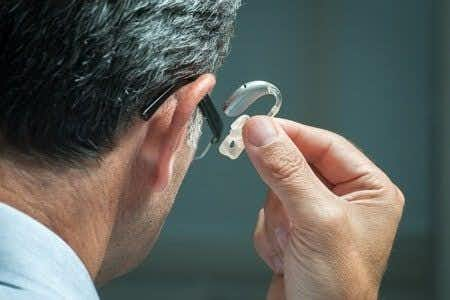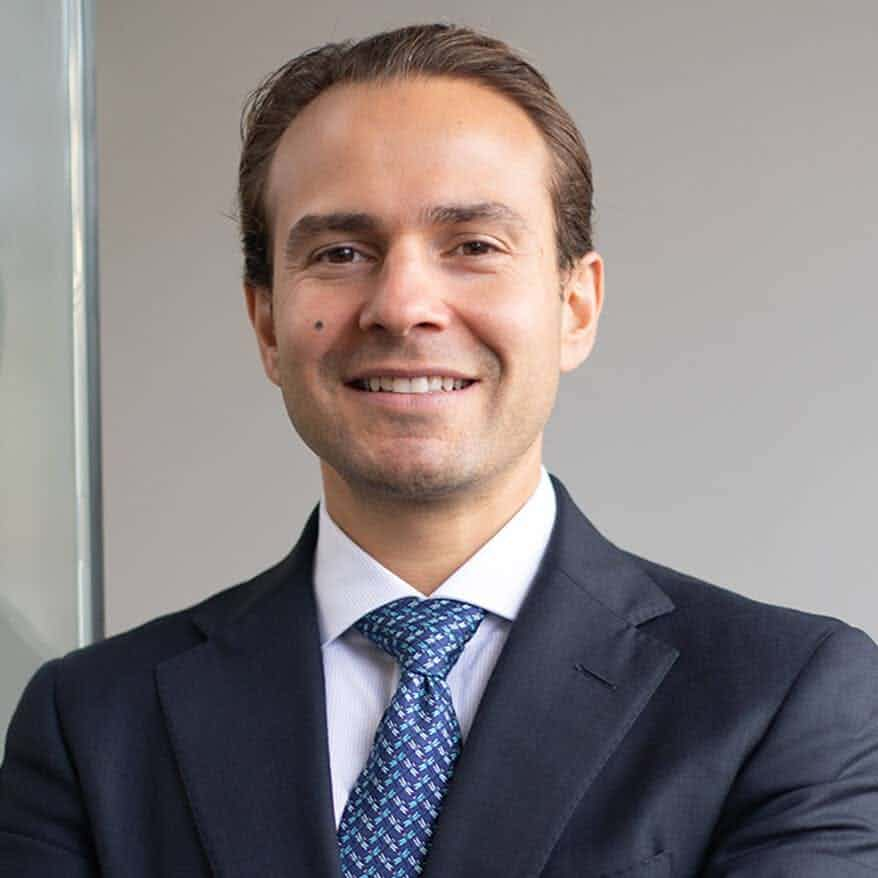This case involves a sixty-four-year-old male patient who suffered from conductive hearing loss that was preoperatively determined to be due to otosclerosis. The patient underwent a right stapedectomy that was conducted without complication, but postoperatively, the patient reported that his hearing was worse than before any surgical intervention. It is noted in the surgical record that the chorda typani nerve had to be sacrificed and reconstructed around the narrowed bone. The patient was followed for several weeks with no improvement in hearing function, and, at this point, sensorineural hearing damaged was suspected. It was suggested that if no positive results occurred at six weeks post surgery, the patient would likely be a candidate for amplification surgery. An expert witness in audiology was retained for this matter.
Question(s) For Expert Witness
1. What does the normal surgical intervention entail and what follow-up should be done on this type of patient?
Expert Witness Response E-006312
Approaches to surgical management of otosclerosis include total stapedectomy, partial stapedectomy, and stapedotomy. Hearing improvement can be achieved through surgery for congenital stapes footplate ankylosis with a concomitant ossicular chain anomaly. Final hearing levels after surgery can be influenced by sensorineural impairment. The first postoperative visit is usually scheduled after two weeks, which allows time for the tympanomeatal flap to heal in place. The canal may be débrided at this time. Cotton balls are placed in the meatus two to three times per day to collect discharge from the canal over the first several days after the surgery. Postoperative audiometrics are typically performed three to six weeks after surgery.
About the author
Michael Talve, CEO
Michael Talve stands at the forefront of legal innovation as the CEO and Managing Director of Expert Institute. Under his leadership, the Expert Institute has established itself as a vital player in the legal technology arena, revolutionizing how lawyers connect with world-class experts and access advanced legal technology. Michael's role involves not only steering the company's strategic direction but also ensuring the delivery of unparalleled intelligence and cutting-edge solutions to legal professionals. His work at Expert Institute has been instrumental in enhancing the capabilities of attorneys in case preparation and execution, making a significant impact on the legal industry's approach to expert consultation and technological integration. Michael's vision and execution have positioned the Expert Institute as a key facilitator in the intersection of law and technology.



